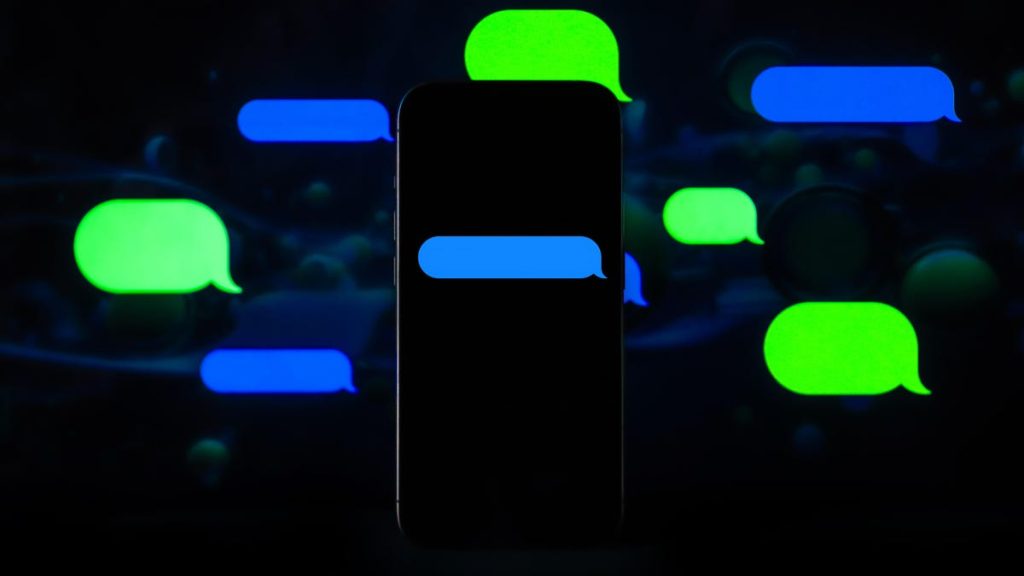The author begins by discussing their switch from an Android device to an iPhone, highlighting the benefits of iMessage such as high-resolution media sharing, typing indicators, and reactions, which are exclusive to messaging fellow iPhone users. The author reflects on the exclusivity of iMessage and the negative impact it had on their previous interactions as an Android user. However, with Apple’s adoption of Rich Communication Services (RCS) messaging, which is already available on Android devices, the author anticipates improvements in messaging on iPhones, including the ability to send high-quality media, read and delivered receipts, and potentially typing indicators. Despite these advancements, iMessage will continue to be limited to Apple users, maintaining the blue-bubble-green-bubble distinction.
Apple’s adoption of RCS will replace SMS and MMS messaging on iPhones, offering a more modern and sophisticated experience when communicating with Android users. While some features exclusive to iMessage or Google’s Messages app, such as text editing and AI model drafting, may not transfer across devices, the overall messaging experience is expected to improve, making communication between Android phones and iPhones feel less archaic. The release of iOS 18 in the fall is anticipated to include the integration of RCS, based on a leak from Google and Apple’s commitments.
The US Department of Justice’s antitrust suit against Apple addresses allegations of monopolistic practices and hindering competition by keeping iMessage exclusive to Apple devices. Apple has defended its stance by emphasizing user privacy and security concerns, as well as its efforts to support RCS for improved messaging with non-iPhone users. While the DOJ’s complaint aims to open up iMessage and promote fair competition in the tech sector, it remains to be seen whether Apple will make changes in response. The European Union has also been pressuring tech giants, including Apple, to promote fair and open competition in the digital market, potentially impacting the future of iMessage.
As Apple faces scrutiny from regulatory bodies and questions about its practices, the imminent adoption of RCS on iPhones offers a glimpse of hope for users looking for a more seamless messaging experience across different devices. The author closes with a message of optimism, noting that even if texts continue to appear green when sent to Android users, the advancements in messaging technology should ease the pain of communicating with friends on different platforms. Ultimately, the integration of RCS on iPhones represents a step towards bridging the gap between Apple’s ecosystem and the broader messaging landscape, even as challenges and regulatory pressures persist.


